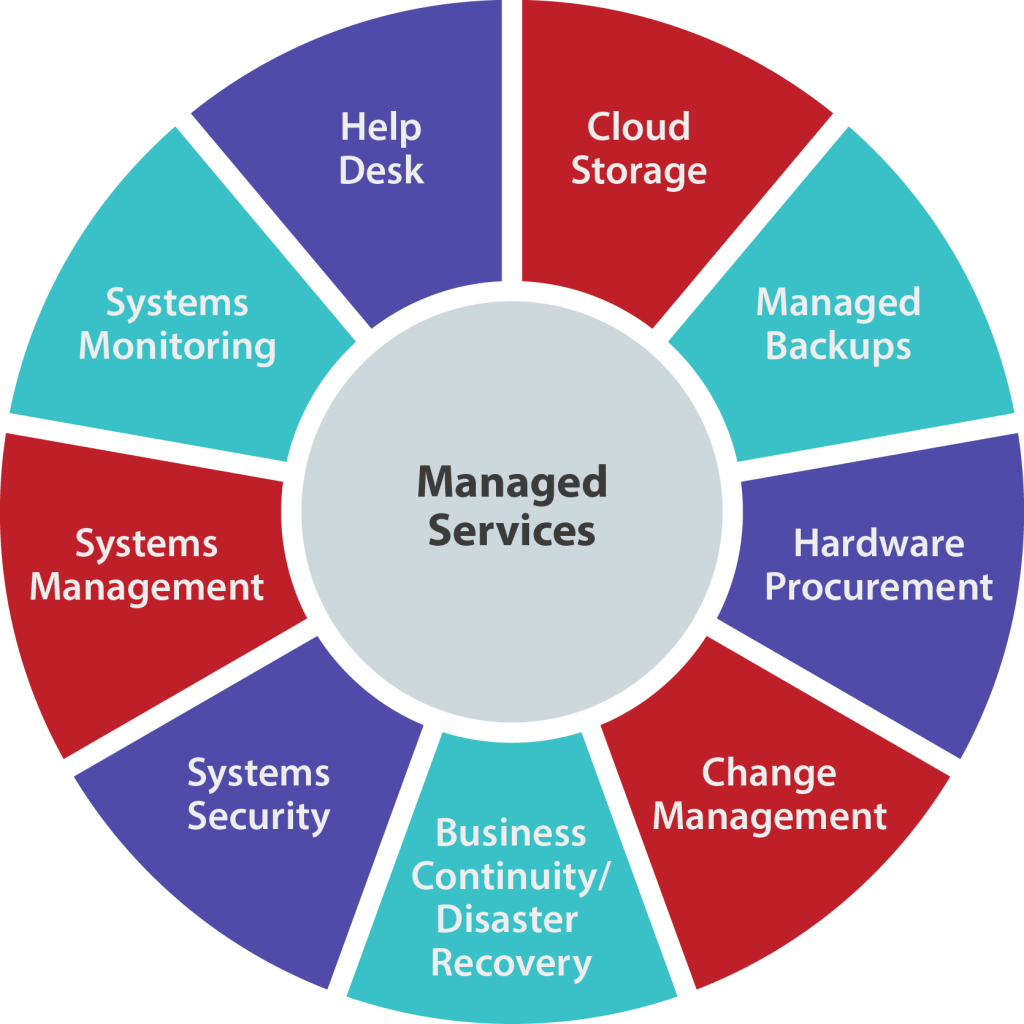Ensuring Longevity for Small Businesses with Technology Services

Within today's rapidly changing digital landscape, small businesses are increasingly realizing the vital importance that information technology services has in their prosperity and longevity. The incorporation of technology has turned into essential not just for enhancing efficiency in operations but also for remaining competitive in the market in an ever-changing marketplace. With the right IT solutions, small businesses can simplify their operations, enhance the experiences of their customers, and eventually secure their prospects against the multitude of obstacles that come with change.
While the tech industry continues to advance, the influence of information technology services on little companies is profound. By adopting cutting-edge solutions such as cloud services, cybersecurity measures, and data analysis, business owners can unlock new prospects and mitigate threats. This proactive method to adopting technology not just assists in day-to-day operations but additionally positions little companies to adjust to upcoming trends and disturbances.
Importance of IT Services for Small Enterprises

In the modern digital age, IT services have become vital for small businesses to succeed and operate in the marketplace. These services provide the digital backbone that supports activities, enhances output, and improves overall efficiency. With the suitable IT infrastructure, small businesses can optimize processes, reduce operational costs, and focus on their key skills without the weight of managing complicated technology on their own.
Furthermore, IT services play a pivotal role in ensuring data security and defending sensitive business information. Small businesses often lack the resources to implement robust security measures independently. By utilizing chilliwack it services providers, they can access expertise in cybersecurity, which helps protect against information leaks and cyber threats. This not only secures customer trust but also complies with laws that protect consumer data.
Additionally, IT services enable small businesses to harness the potential of new technologies, such as cloud computing and artificial intelligence. These developments can level the playing field, allowing smaller businesses to operate with the same tools as bigger firms. By adopting these technologies through IT services, small businesses can enhance their agility, versatility, and ultimately their achievement in an constantly changing business landscape.
Essential IT Solutions for Growth
Integrating cloud computing solutions is crucial for small businesses aiming to expand and scale. Cloud services offer agility and expansibility, enabling businesses to access vital data and applications from any place. This functionality not only enables remote work but also enables companies to react swiftly to business changes. By minimizing the need for physical infrastructure, cloud computing reduces costs and delivers a solid environment for collaboration.
Information security is another key element for small businesses in the current digital landscape. As businesses increasingly rely on technology, protecting sensitive information becomes essential. Investing in comprehensive IT security services helps shield against cyber threats, guaranteeing that data remains safe. A strong cybersecurity framework not only secures the business but also builds trust with customers, who are prone to engage with companies that prioritize their data protection.
Ultimately, implementing data analytics can significantly improve choices for small businesses. IT services that provide tools for analytics tools enable companies to obtain insights from client data, market trends, and operational performance. This insight can help small businesses spot growth opportunities, improve operations, and customize marketing strategies. By making use of data effectively, businesses can make educated decisions that propel long-term growth.
Top Guidelines for Implementation
To successfully implement IT services in minor businesses, it is crucial to conduct a detailed needs assessment. This approach involves identifying the specific issues and needs of the business. Engaging employees in conversations about their daily tasks and tech-related pain points can disclose important insights. By prioritizing areas that require improvement, businesses can make sure that the selected IT services align closely with their business goals and enhance overall productivity.
Next, establishing a distinct implementation plan is critical. This plan should outline the timeline, financial plan, and resources required for the IT services inclusion. Assigning a dedicated team to oversee the process can facilitate smoother transitions and encourage accountability. Additionally, training staff on updated technologies is essential to maximize the benefits of the IT services and minimize opposition to change. By investing in thorough training, employees become confident and proficient in utilizing the new tools at their availability.
Ultimately, continuous evaluation and support are necessary to sustain the efficacy of IT services. Regularly reviewing the functionality of these services helps identify areas that may need modification or refinement. Creating a response loop where employees can share their experiences and suggestions promotes a environment of ongoing improvement. Additionally, having a reliable IT support system in place ensures that any technical issues can be resolved swiftly, allowing the business to maintain its operations without disruption.
